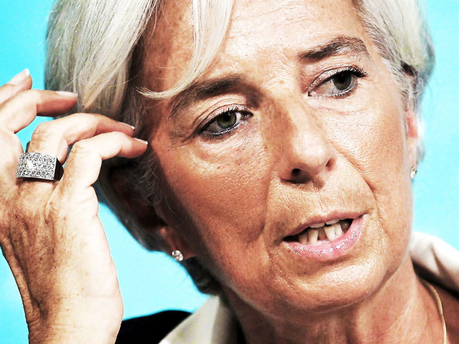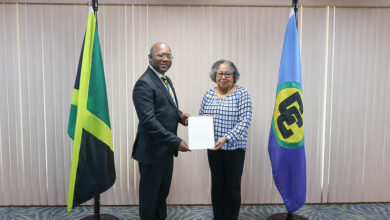The International Monetary Fund (IMF) said it will continue to enhance the analysis of the macroeconomic effects of gender inequality, including in its surveillance work, under which it oversees the international monetary system and monitors the economic and financial policies of its 188 member countries.
The IMF emphasised that the World Bank and itself have recognised that gender equality and the empowerment of women are central to the development agenda because it makes good economic sense and helps advance other development objectives, including education, nutrition and reduced child mortality.
The observations are contained in an IMF research paper, Women, Work, and the Economy: Macroeconomic Gains from Gender Equity, which examines the macro-critical features of women's participation in the labour market, the constraints preventing them from developing their full economic potential, and policies that can create a level playing field.
In the research, discussed at a seminar on 'Women, Work and the Jamaican Economy' organised by the IMF in Kingston last week, the fund observed that women make up a little over half of the world's population, but their contribution to measured economic activity, growth and well-being is far below its potential, with serious macroeconomic consequences.
It noted that female labour force participation has remained lower than male participation, women account for most unpaid work, and when they are employed in paid work, they are overrepresented in the informal sector and among the poor.
Women also faced significant wage differentials vis-à-vis their male colleagues, the Fund said.
While noting that female labour force participation remained low at about 50 per cent, with levels and trends varying across regions, the IMF said Latin America and the Caribbean experienced strong increases of some 13 per cent over the past two decades.
Economic contributors
It also pointed out that women contribute substantially to economic welfare through large amounts of unpaid work such as child-rearing and household tasks, which often remain unseen and unaccounted for in gross domestic product.
Gender equality is a relatively new thrust in the work of the Fund and an important issue for IMF Managing Director, Christine Lagarde.
In a speech earlier this year under the theme 'Daring the difference', circulated at the Kingston seminar, Lagarde said that ultimately means wedging the door open to the contribution of women – their learning, labour and leadership.
“My message is simple,” she said. “We need a 21st century mentality for women's economic participation.”
Lagarde said investment in education is especially crucial in the developing countries where girls and women can make a huge difference.
The IMF managing director, referring to labour, said the evidence is plain – when women contribute more, the economy does better.
On the issue of leadership, she said, “We need to put an end to the idea that toughness flows from testosterone and that toughness is top,” adding that when women get the chance to lead, they actually lead better.
In concluding the seminar last week, the Inter-American Development Bank's Jamaica country representative, Therese Turner-Jones, said, “Today, indeed, was a breakthrough and unique experience to bring together women and men from across the public and private spheres to discuss and exchange views on the role of women in Jamaica's economy. The platform, as well as the presentations by the international and local experts, allowed for a rich debate on the issues and raised many questions about how gender can be mainstreamed in Jamaica's macroeconomic policymaking.”






